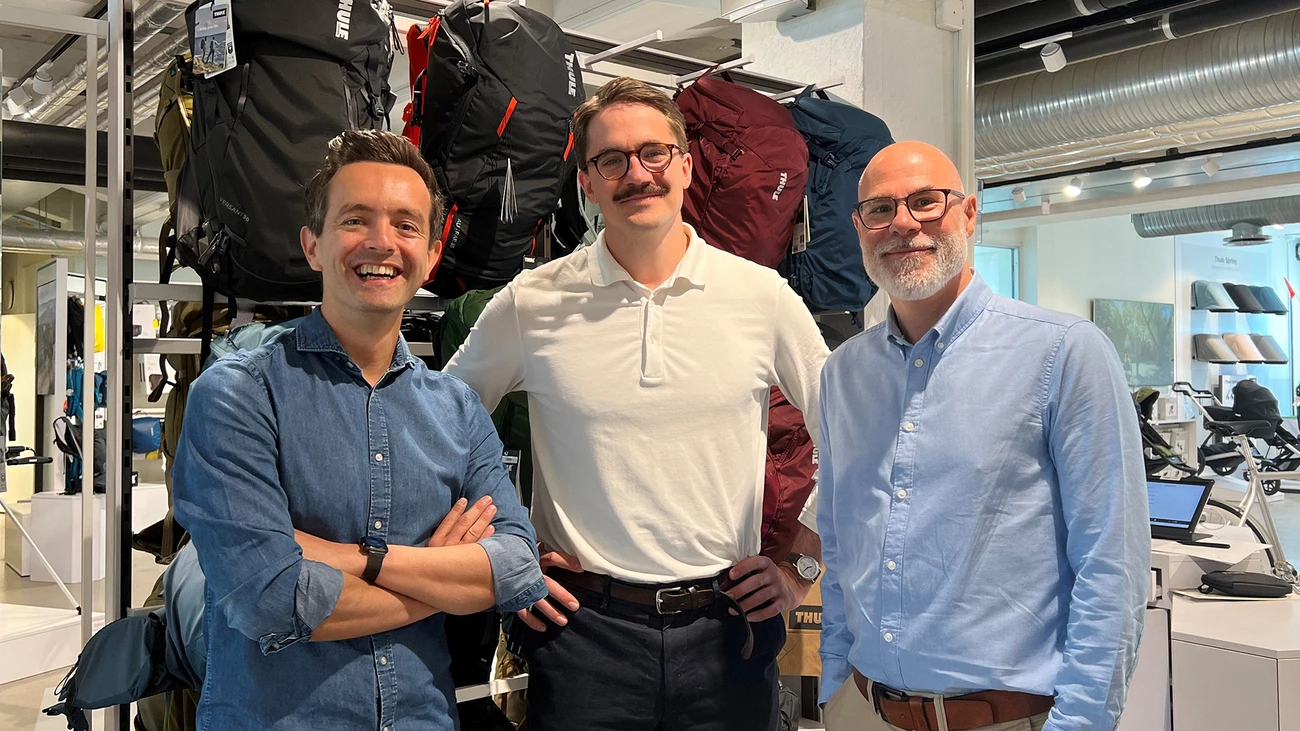
A two-way partnership
Thule is not alone. Treasuries’ desire to be a strategic partner to the business, specifically by playing a role in their company’s digital transformation, has been a common theme in Nordea’s annual treasury survey. Of the 200 Nordic and international large corporates surveyed in 2021, a majority said they expect their automation efforts to increase going forward. In 2020, the survey found FX to be one of the top three priorities for automation among those surveyed.
While many large corporate clients already use AutoFX, the product development for the service is always ongoing, says Kristoffer Jansell, Automation Lead in Nordea Markets.
“Thule Group, and other companies, constantly come with innovative ideas and wishes that we and our Copenhagen-based NextGen FX developers are working hard to fulfil. That two-way partnership strengthens both the treasury’s process and our own offering,” he says.
He adds that a shift has taken place since just a few years ago, when tech companies and newly established treasury departments were primarily the ones automating.
“Now, automation is all over the place, from small start-ups to European blue-chips and some of the biggest pension funds in the Nordics,” Jansell says. While automating the small, time-consuming tasks is still the top focus for most treasuries, interest in automated hedging as well as TMS- and ERP-integrations is on the rise, he notes.




